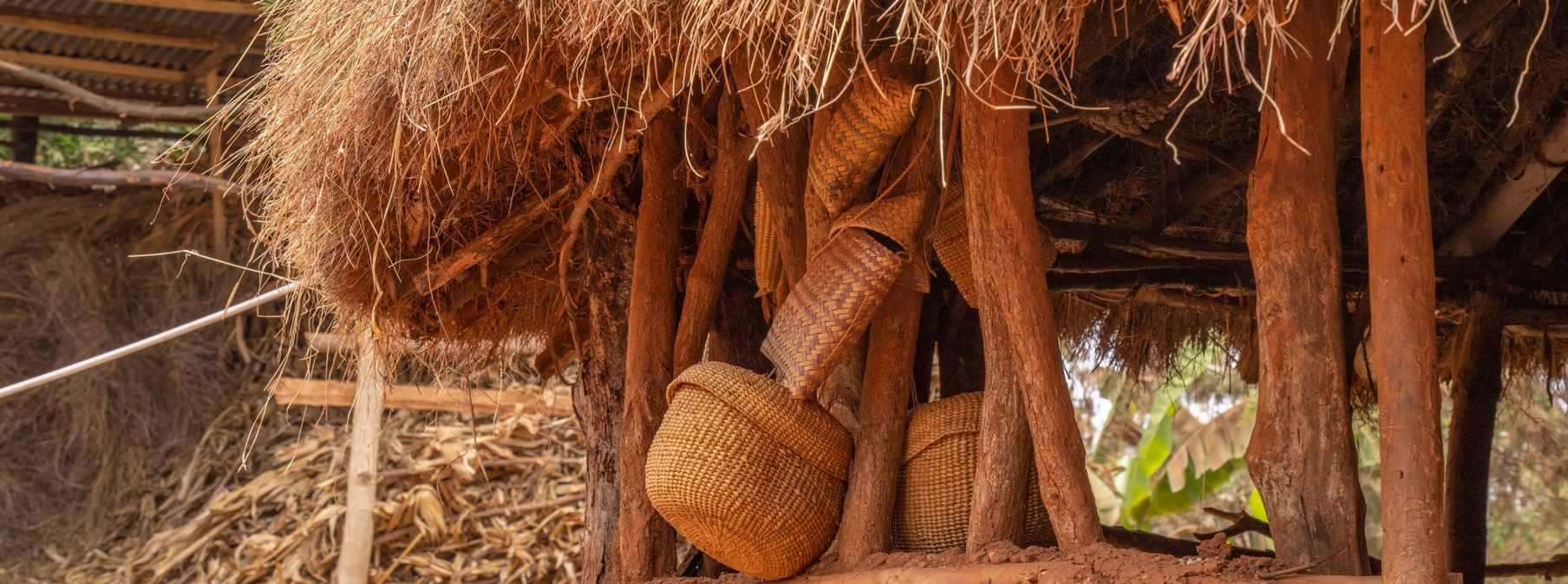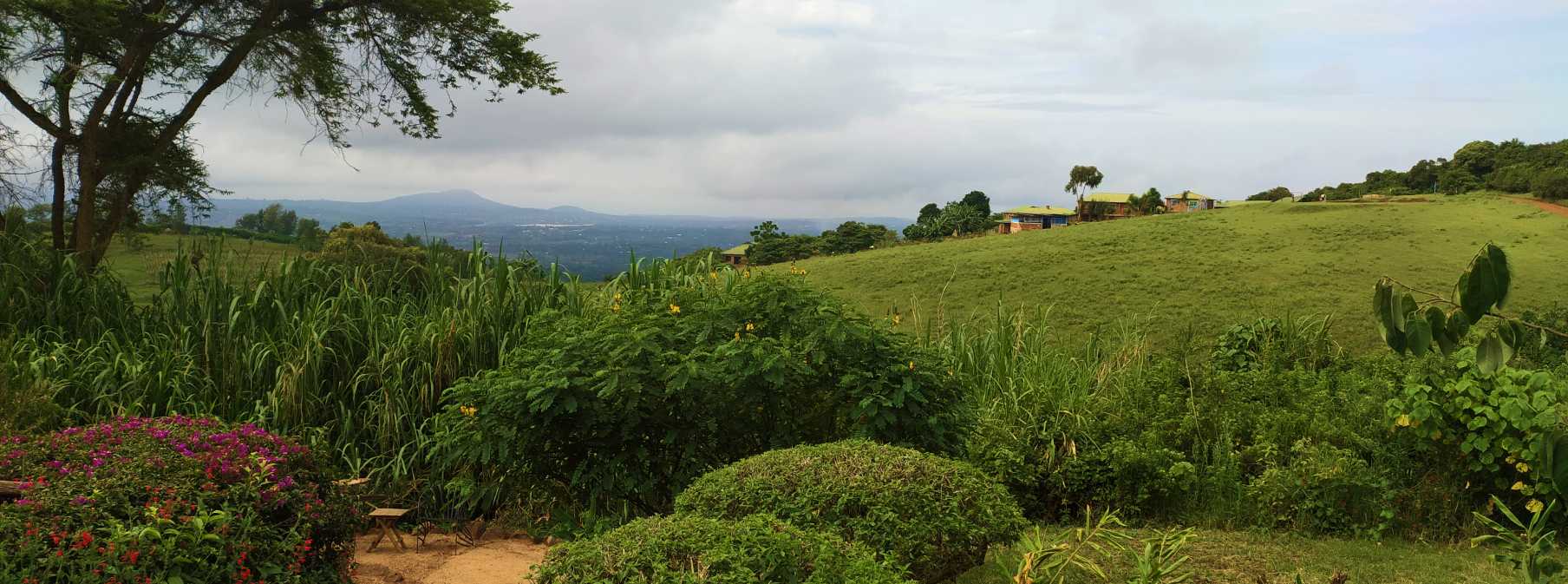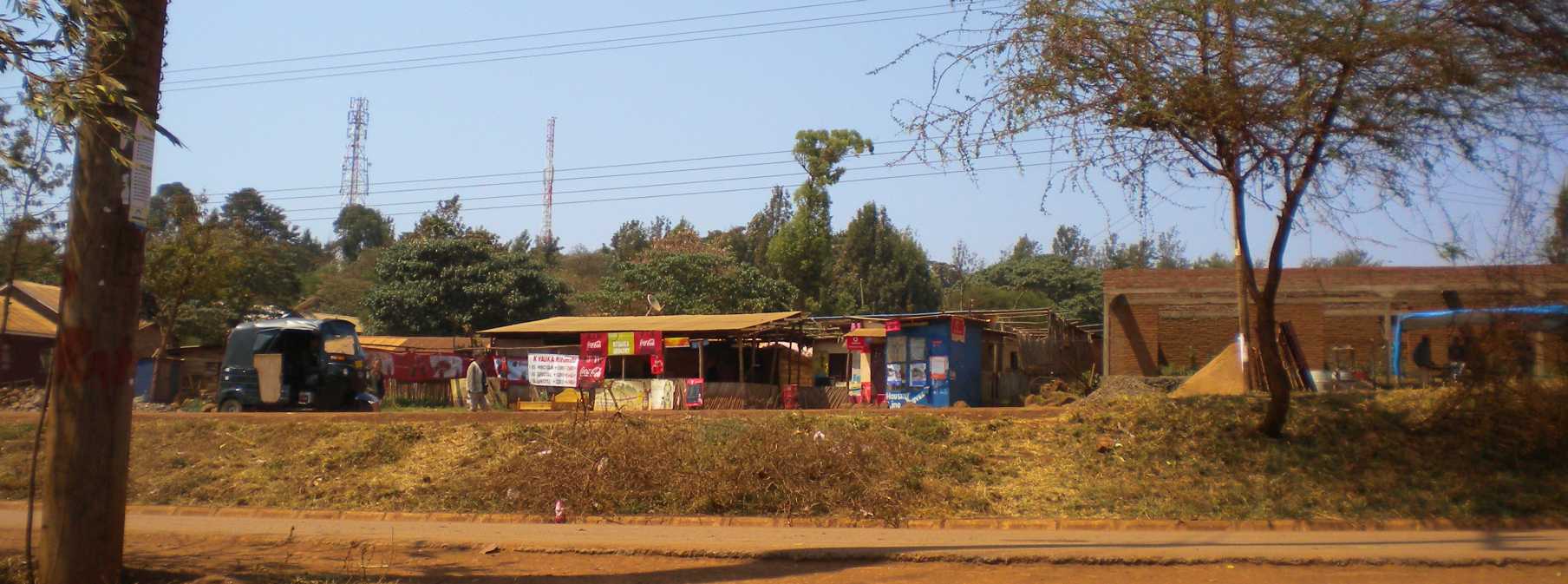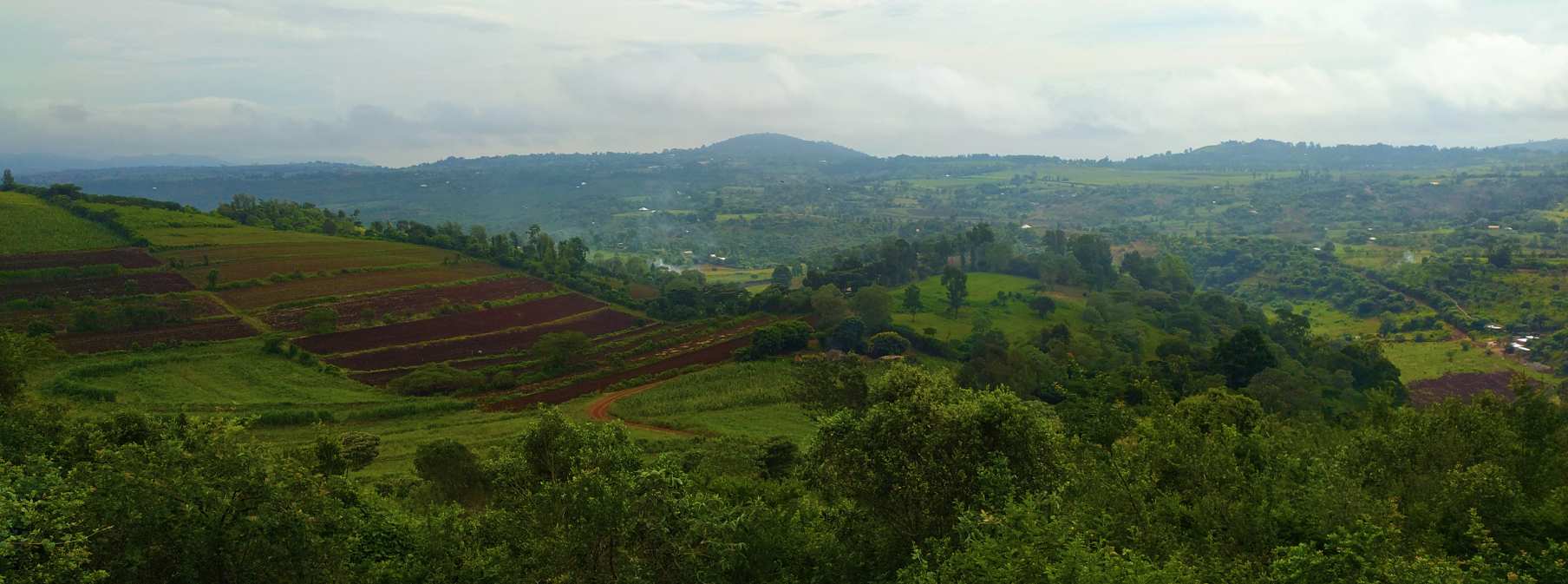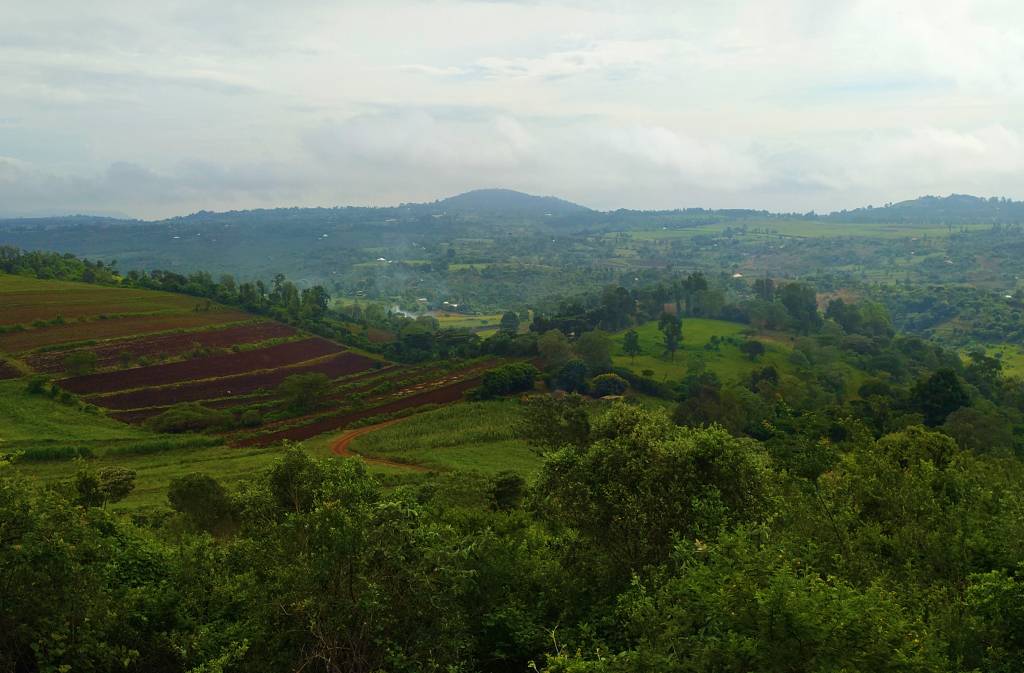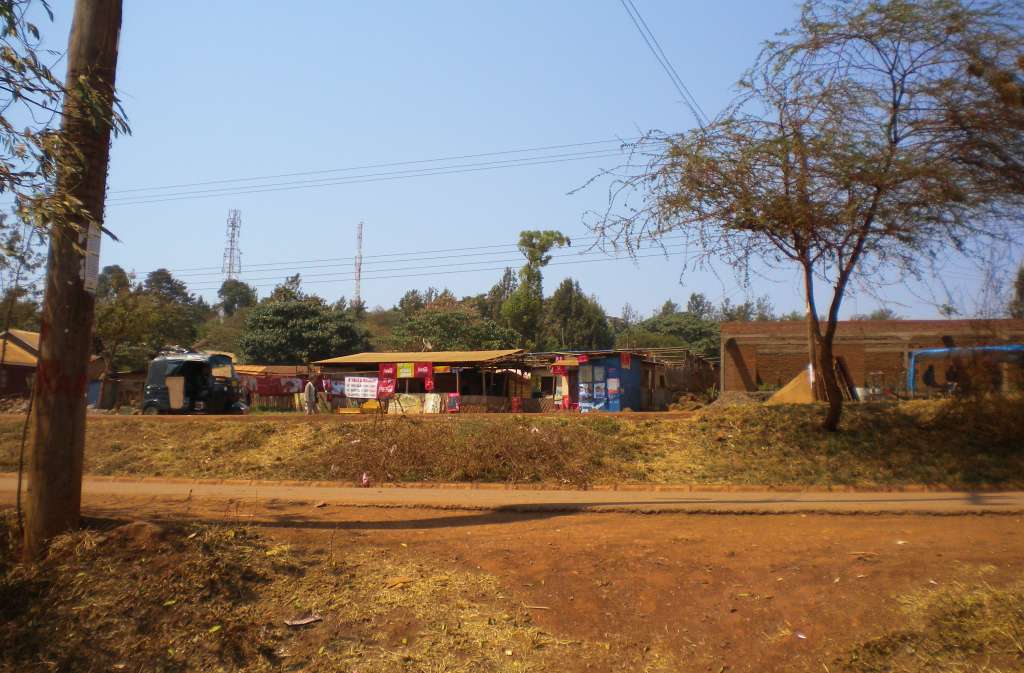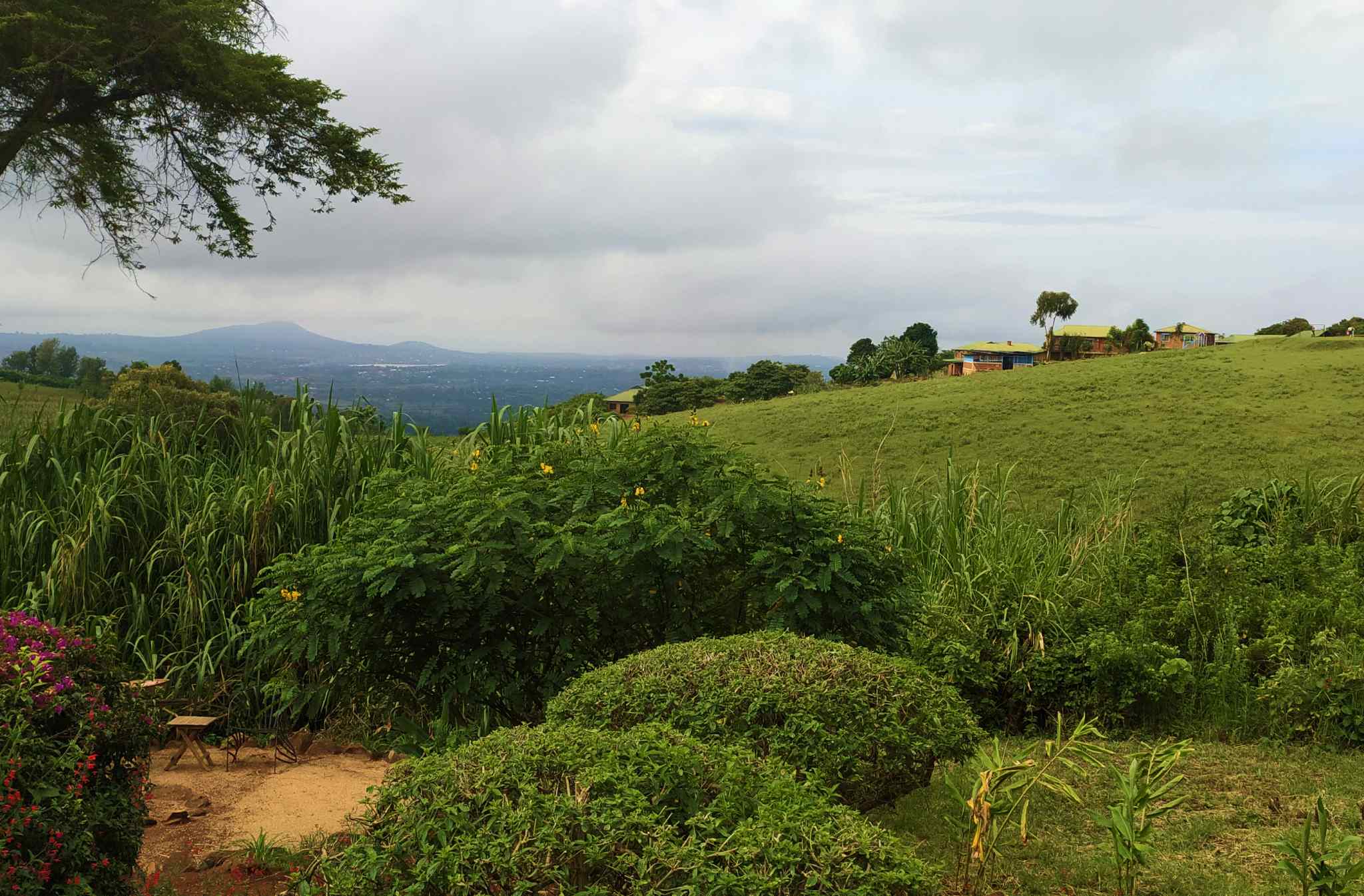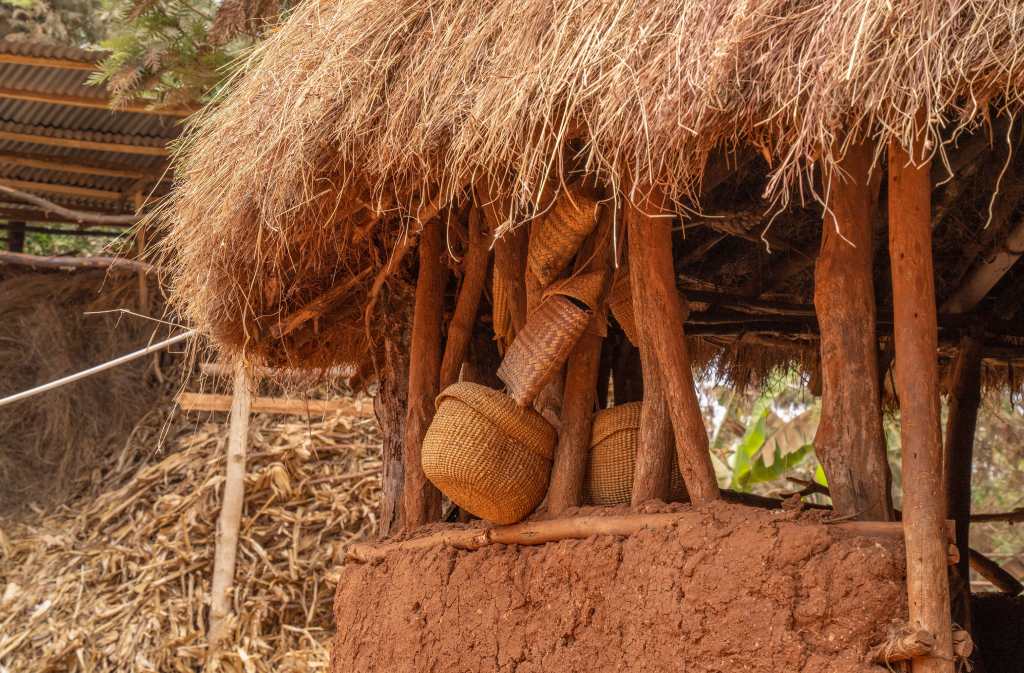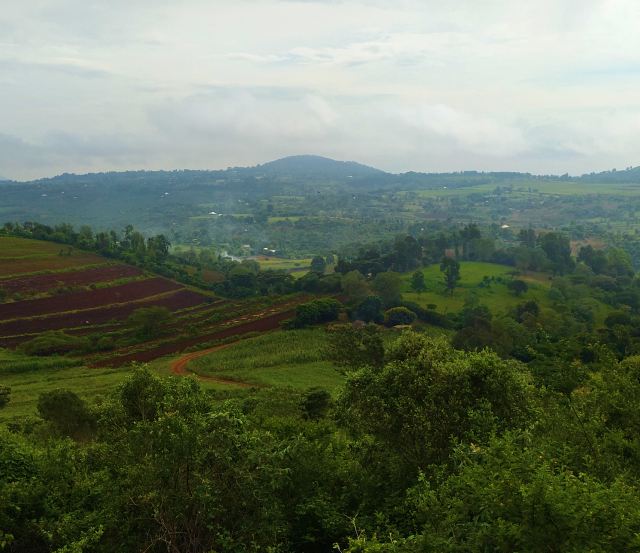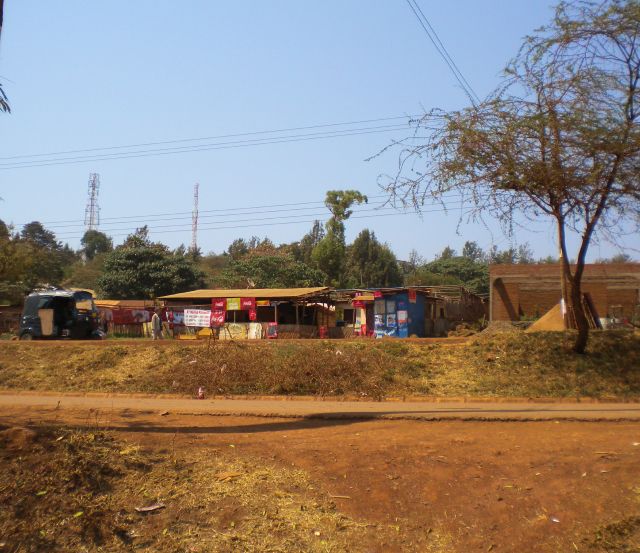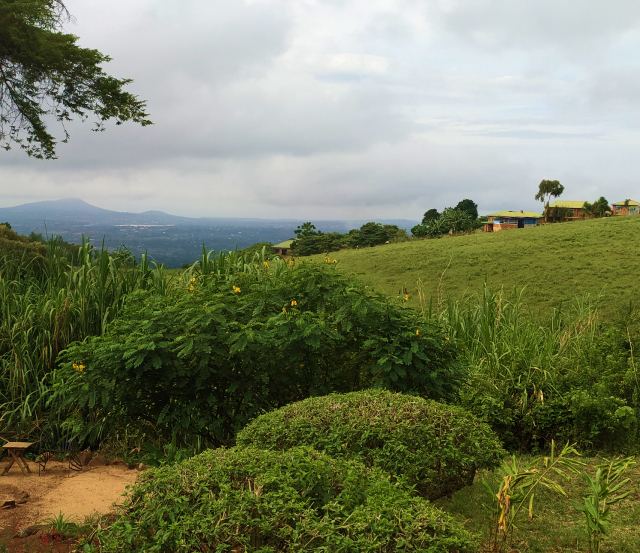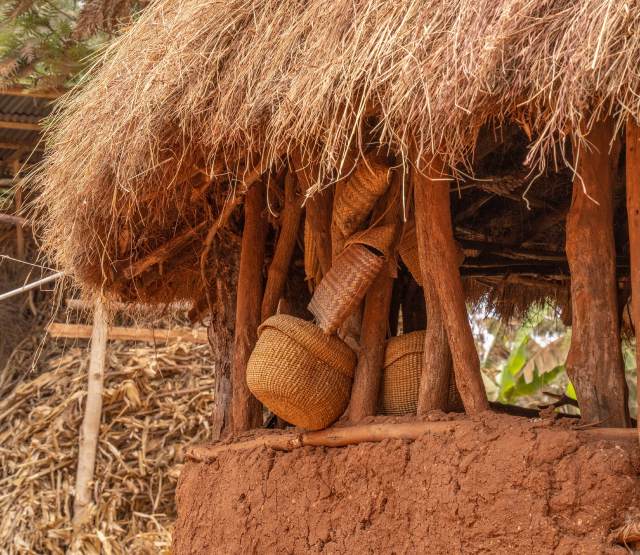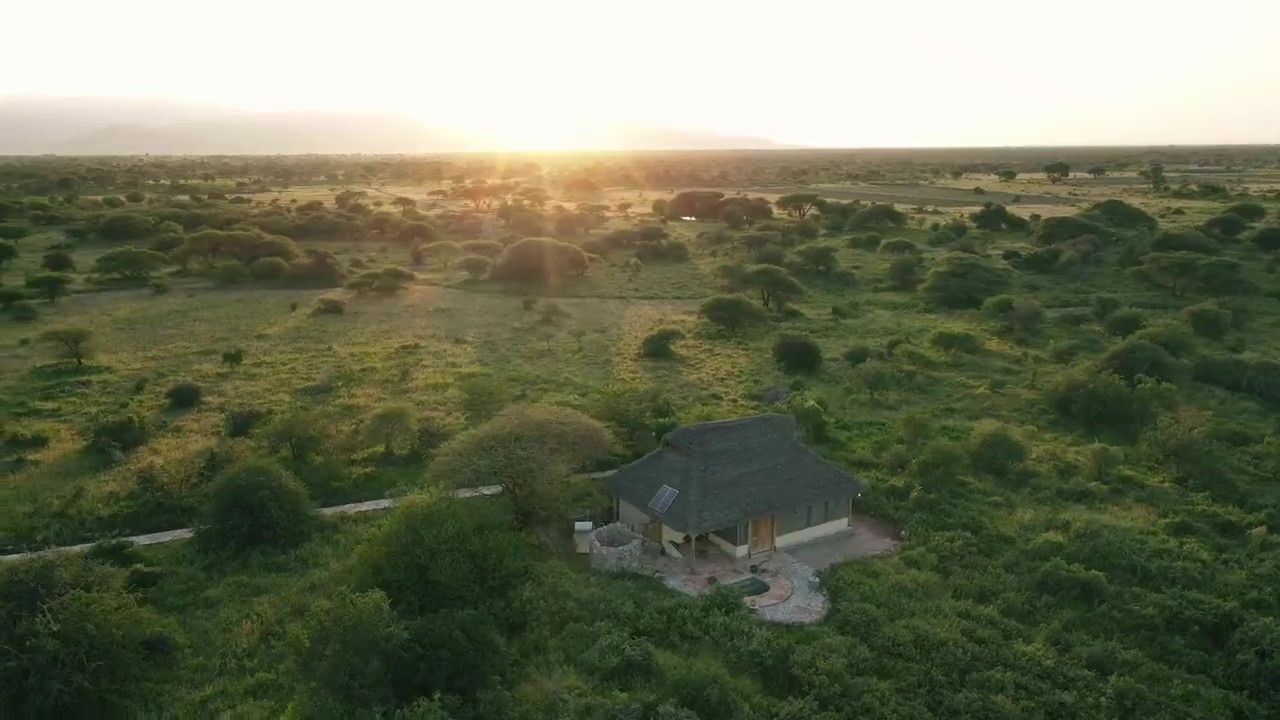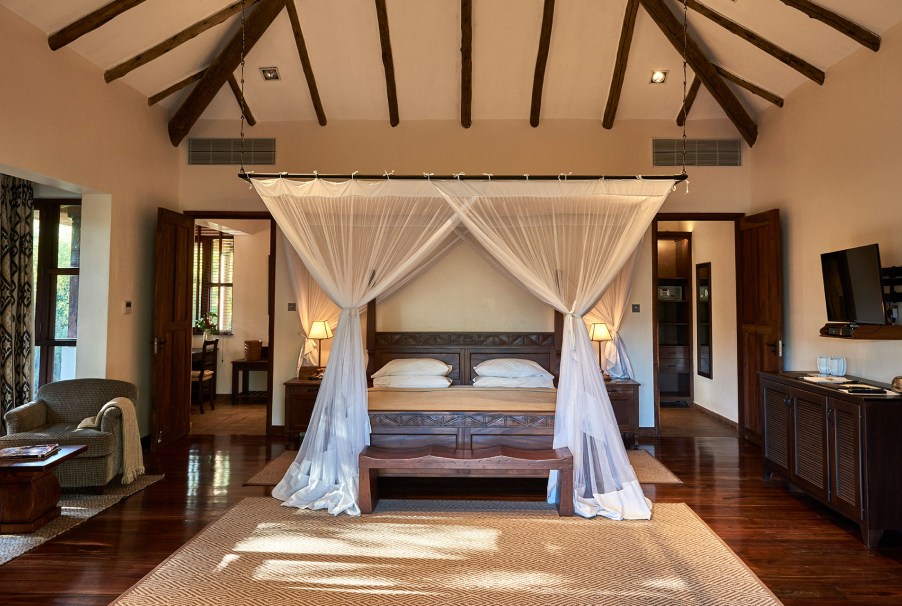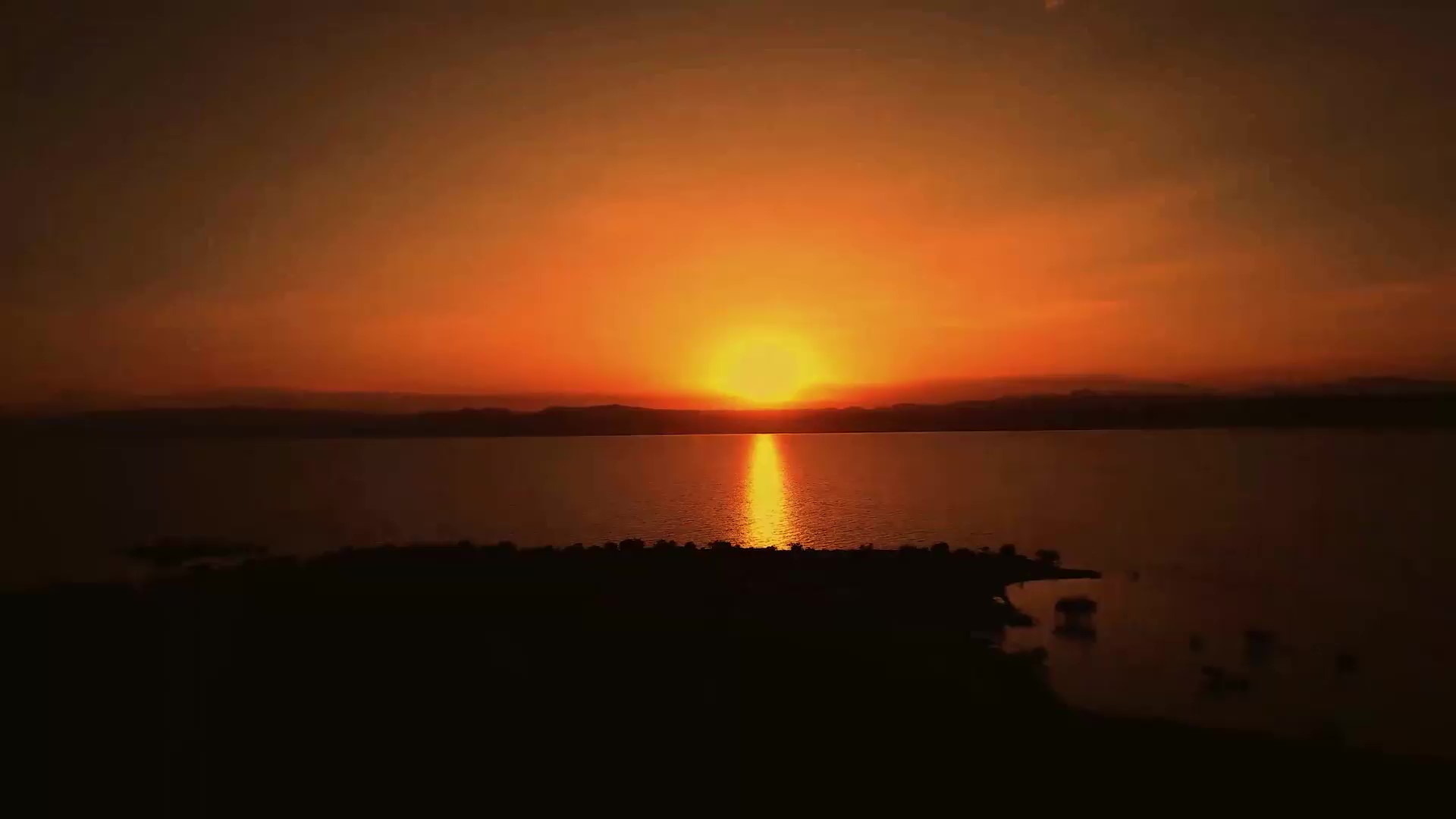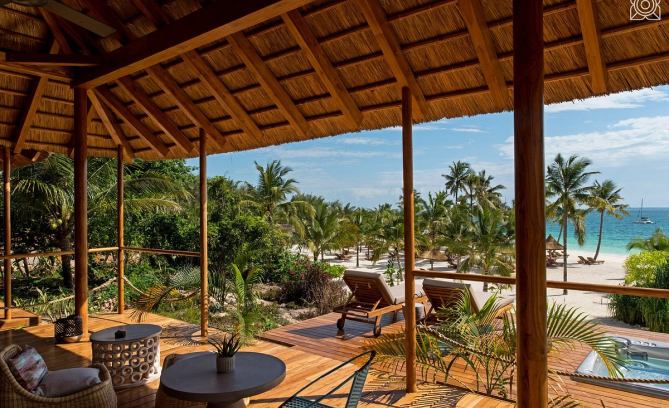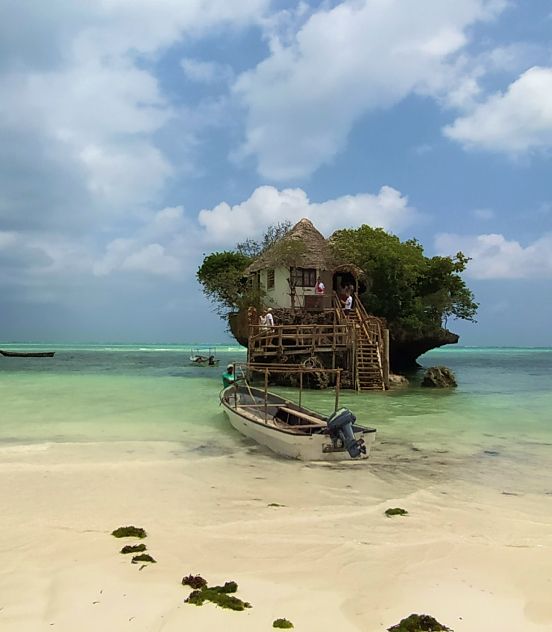Visit Karatu
a perfect blend of bustling markets and lush, green hills.
Karatu is a vibrant town, located to the north by the Ngorongoro Conservation Area and to the south by Lake Manyara, and it’s a key stop on your safari journey.
The main street is always lively, with a colorful market full of local produce and handmade souvenirs.
Surrounding the town, you'll find lush green hills of coffee plantations and stunning forests.
The Karatu district had a population of 178,434 in 2002.
The town is a 3.5-hour drive from Arusha.
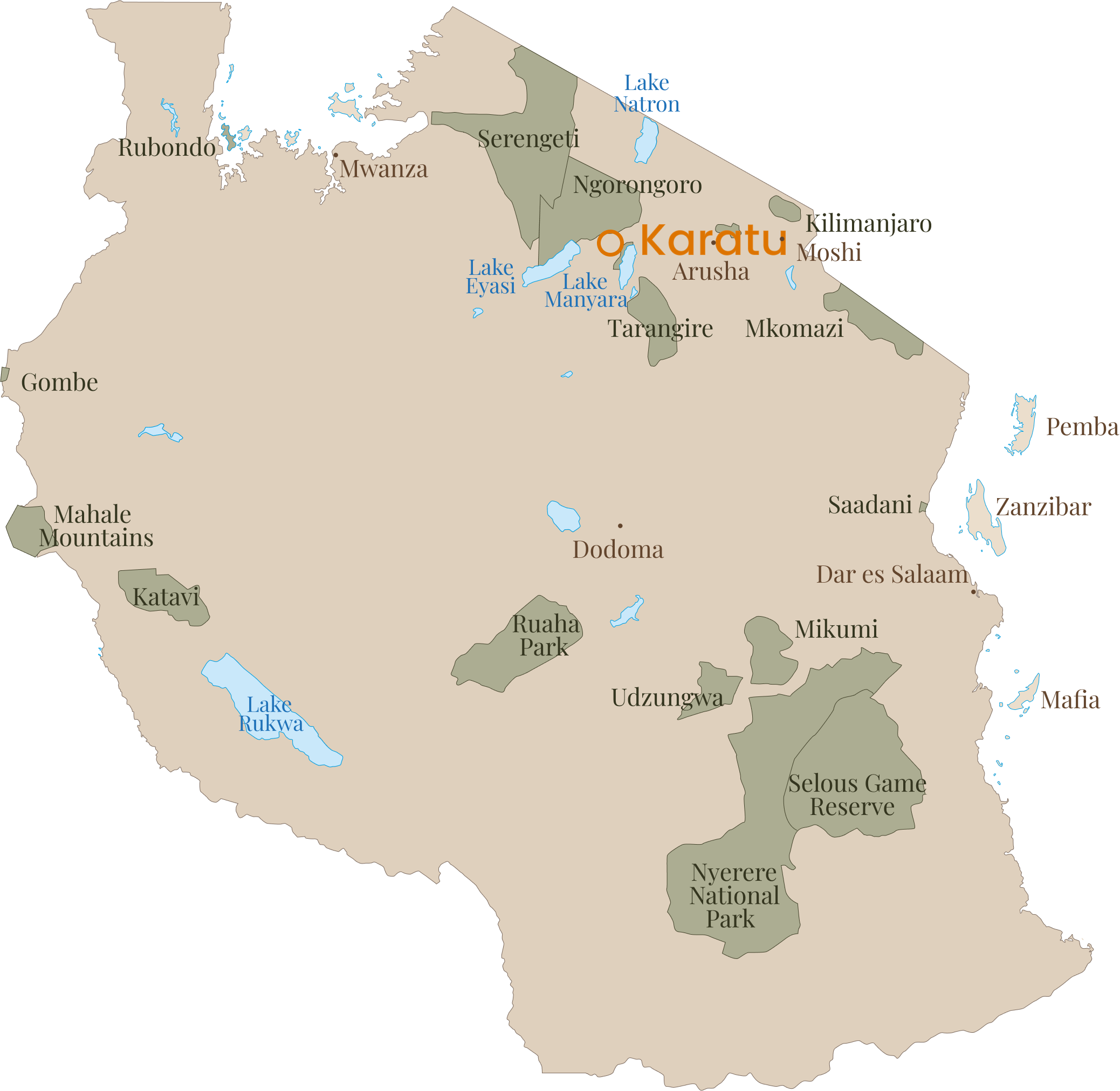
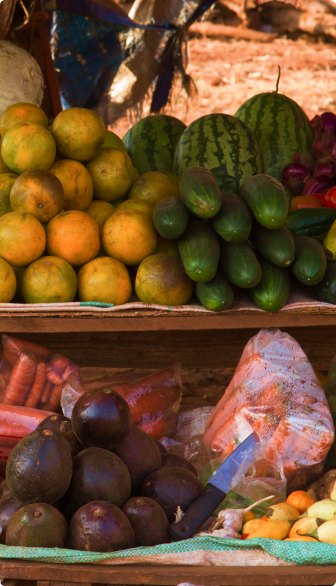
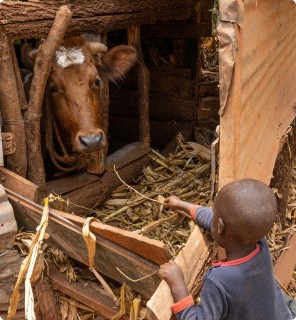
A journey to the heart of Tanzania's most beautiful landscapes.
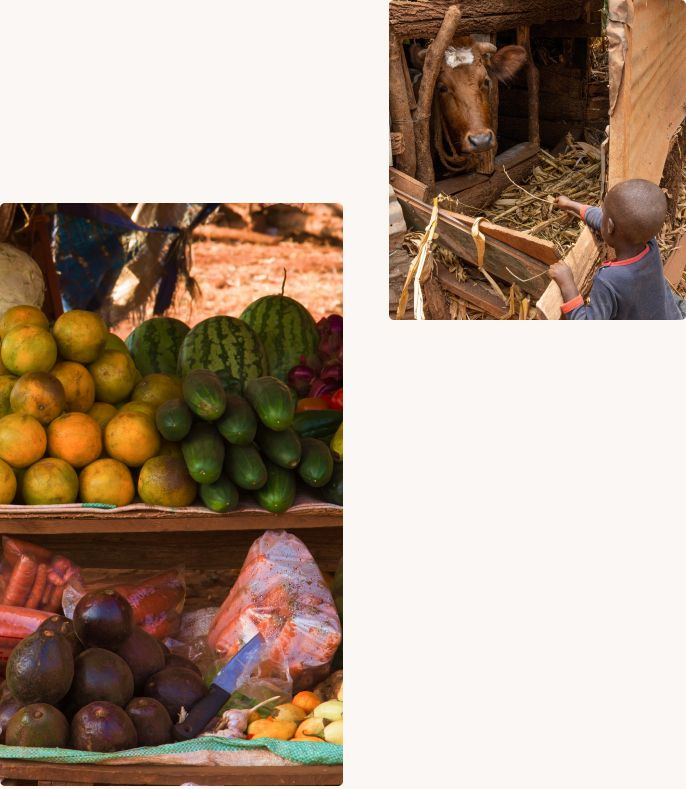
Habitat
& Animals
Karatu, nestled between the Ngorongoro Conservation Area and Lake Manyara, is a lively town surrounded by lush hills and coffee plantations. The main street is bustling, with a colorful market offering local produce and handmade souvenirs. The surrounding area is marked by beautiful forests and rolling hills covered in coffee plantations.
Look out for:
· Monkeys
· Birds
· Butterflies
A journey to the heart of Tanzania's most beautiful landscapes.
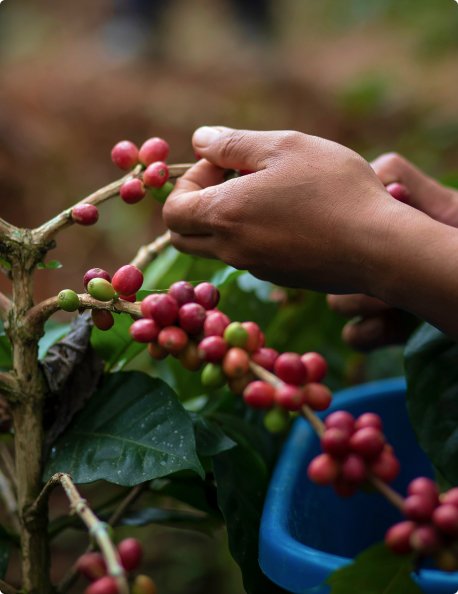
TANZANIAN COFFEE
Tanzania produces between 30,000 and 40,000 tons of coffee annually, mainly Arabica (70%) but also Robusta (30%). Coffee accounts for 3.3% of the country’s exports, making it the second largest agricultural export after tobacco. The main buyers are Japan (with the prized Kilimanjaro coffee label), Italy, and the United States. Coffee farming provides employment for 400,000 families, and the vast majority of farms are small-scale.
The harvest takes place from October to February.
Robusta coffee was introduced to Tanzania from Ethiopia in the 16th century and was used as a stimulant by the Haya people of the northwest. It was the Germans who introduced Arabica during colonial times, prompting the Chagga people to begin trading it. The British later expanded the coffee production network. After the country’s independence, all coffee was sold by two cooperatives in Moshi and Bukoba before being auctioned at the Moshi coffee market. In 1990, the privatization of the coffee industry led to an increase in production.
Locally, Tanzanians tend to consume tea, which is cheaper than coffee, though local coffee consumption continues to rise.
 Gateway to Ngorongoro
Gateway to Ngorongoro
Begin your adventure in Karatu, the perfect starting point to access the Ngorongoro Conservation Area, renowned for its breathtaking landscapes and abundant wildlife.
 Coffee Plantations
Coffee Plantations
Visit local coffee plantations to explore the cultivation and roasting process, all while enjoying freshly ground coffee.
 Elephant Cave
Elephant Cave
Hike to the Elephant Caves, natural formations created by elephants themselves as they dig into the walls in search of minerals.
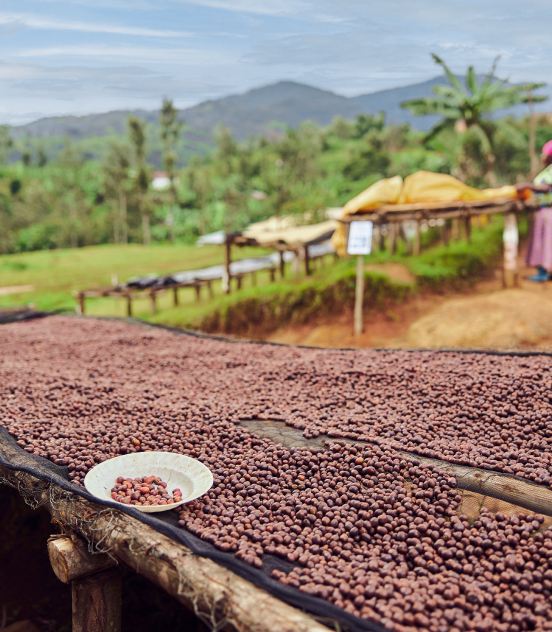
Your highlights
Stunning Spa hotels
The farms within the hotels
Its proximity to Ngorongoro
Great coffee
Where to sleep
to make the most of Karatu
These accommodations
have been selected with care
by our team.
Gibbs Farm
Neptune
Manor
Gibbs Farm
Neptune
Manor
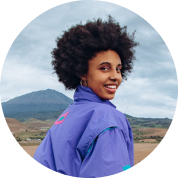
Expert's tip
“Karatu is a popular stopover, passed through by the majority of tourists. The town boasts a wide range of hotels, varying in quality and price. We particularly recommend the beautiful luxury hotels in the plantations.
Be aware that it gets quite cold in Karatu during July and August, and during this time, the pool won’t be used much, nor will the outdoor bathrooms at the luxury hotels. In this season, we would rather suggest staying down in the Rift Valley near Mto Wa Mbu.“
Lilou, Director
Similar safaris
Explore our travel itineraries and get in touch to plan your tailor-made adventure.
